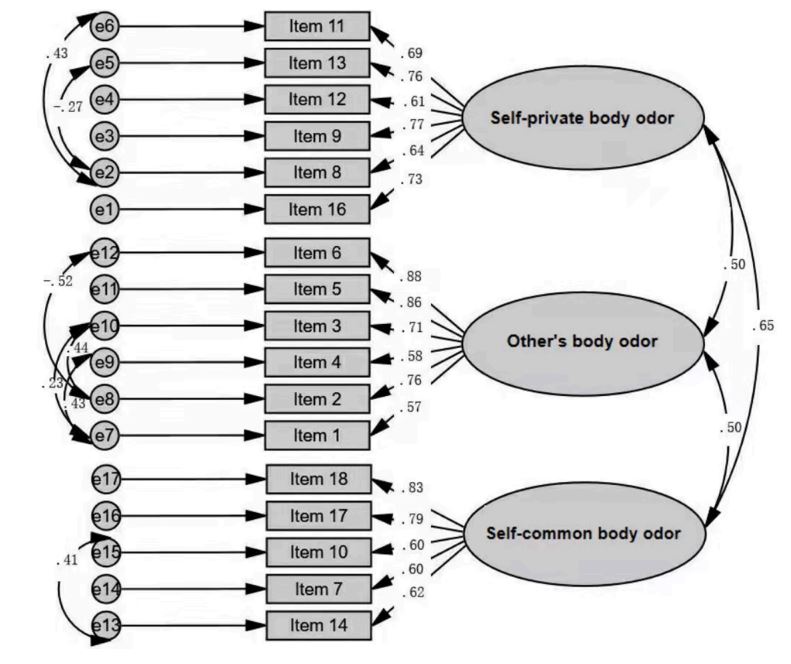Body odor is too strong! Dart complains about the athlete behind Boisson for "smelling war"
In the first round of the 2025 Rouen Race in France, Britain's Dart caused controversy during the break because he complained to the referee that his opponent Boisson's body odor was too strong, although she finally swallowed the egg and went out, but after the game, Boisson posted a picture on social media and wrote that he should endorse Dauphin deodorant to laugh at the controversy, Dart also apologized in time after realizing that his behavior was inappropriate. This seemingly ordinary interlude on the field actually unveiled a long-neglected sports science issue - the impact of body odor differences between different groups of people on competitive performance. When spectators turn their gaze to the athletes' swings, few people notice that every drop of sweat tells a unique genetic story.

The anecdotes of professional tennis are far more abundant than you might think. During the 2014 US Open, Croatian star Cilic frequently frowned on his opponents due to the strong body odor caused by strenuous exercise; Rumors that the American "cannon" Isner needs to change three jerseys per set of matches hint at the special operation of its metabolic system. These cases reflect the deep laws of exercise physiology: in the extreme state of the human body, the fatty acids secreted by the apocrine glands are broken down by epidermal bacteria to produce body odor with individual characteristics.

In the more physically competitive game, the Premier League's annual stats showed that players sweated 2.5 litres in a single game, and Manchester United legend Rio Ferdinand once described the dressing room as a "symphony of mixed scents" in his autobiography. Body odor management in the NBA is more stringent, and LeBron James revealed that he uses special antiperspirants on every game, a response that has become an integral part of competitive preparation in its own right.

The core of the difference in body odor is the ABCC11 gene on chromosome 16. A 2013 study by the University of Cambridge showed that the mutation led to a decrease in apocrine secretion in East Asian populations, with a high proportion of 80-95% carriers, compared with only 1-3% in European and African populations. This genetic difference reduced the number of staphylococci on the body surface of East Asian athletes by 45% compared with white people, fundamentally changing the mechanism of body odor production.

Racial differences in sweat gland structure are equally significant. A study by the Faculty of Sports Medicine at Juntendo University in Japan found that the density of apocrine sweat glands in East Asians was 30% lower than that in Europeans and Americans, while the distribution of exocrine sweat glands was more uniform. This physiological characteristic makes China's Zhang Zhizhen sweat evaporate 18% faster than European players on average in high-temperature events, forming a natural thermoregulatory advantage.

In terms of sports equipment technology, East Asian players have shown unique advantages. The technical principle of the "odorless fiber" jersey developed by Toray Corporation of Japan is to mimic the sweat composition of people with ABCC11 gene mutations. In 2022, the sales of sweat products in the Asian sportswear market accounted for only 1/3 of the North American market, reflecting different physiological needs.
The field of sports medicine has found that excessive use of antiperspirants may affect thermoregulation. A follow-up study by Yonsei University in South Korea showed that athletes who used aluminum salt antiperspirants for a long time had a 0.3 second longer heat stress response time. This has a key impact on the tennis tee (which takes an average of 0.25 seconds) when every second counts, and China's Zheng Qinwen's strategy of using low antiperspirants during the Australian Open may imply competitive wisdom.

This discussion of body odor will eventually return to the essence of competitive sports. When Japan's Kei Nishikori played five sets at the U.S. Open, his genetically encoded physiology and the results of his training were a legend on the court. Modern sports science is redefining what it means to be "fair play" – true competitive equality is about understanding and respecting the unique endowments that each genetic profile gives to athletes. On this stage full of sweat, no matter how strong or low the body smells, the final performance should be a common movement of human beings breaking through the limits.(Source: Tennis Home Author: Xiaodi)







 Links
Links
 Contact
Contact
 App
App


